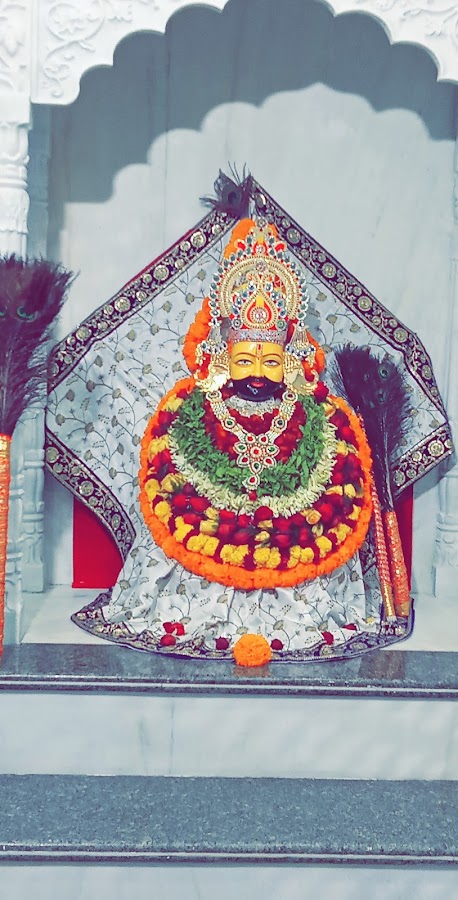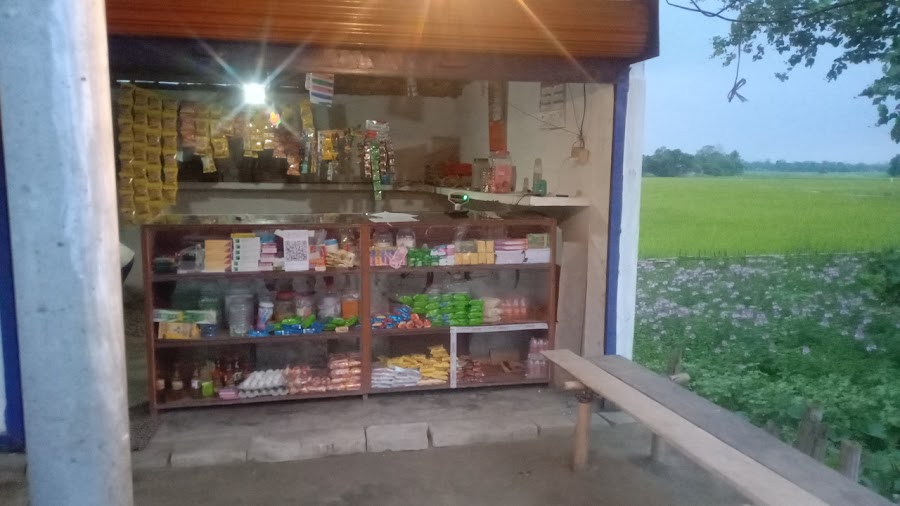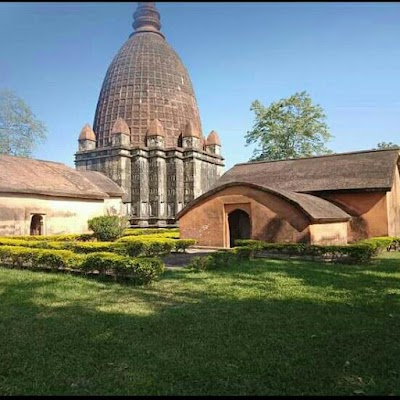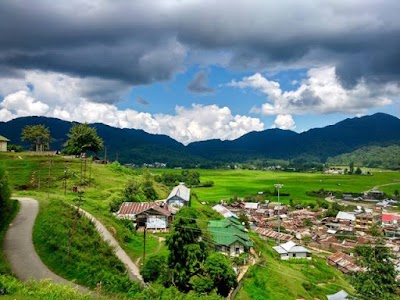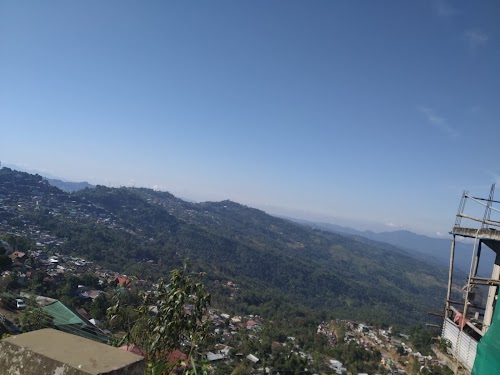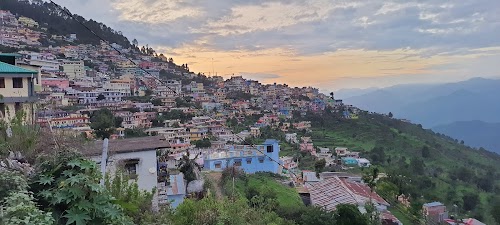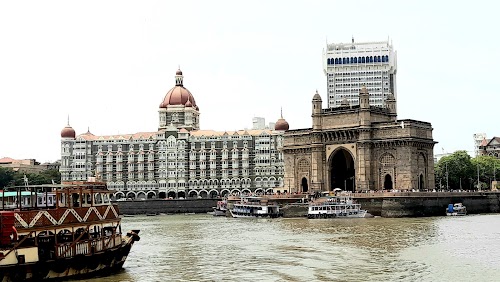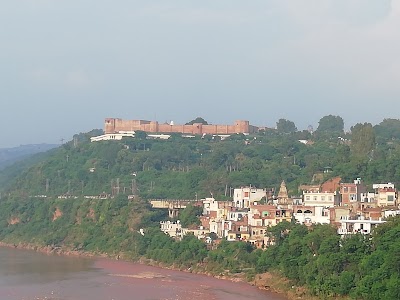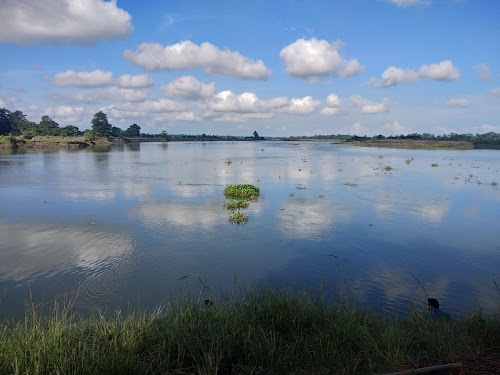
Majuli, India
Majuli, the world's largest river island, nestled in the Brahmaputra River in Assam, is a unique blend of natural beauty and cultural heritage. It's a haven for those seeking tranquility and an immersive experience into the neo-Vaishnavite culture of Assam. The island is characterized by its lush green landscapes, vibrant tribal villages, and numerous 'satras' (monasteries) that serve as centers for religious and cultural practices. Majuli offers a refreshing escape from the hustle and bustle of city life, with its slow pace and serene environment. However, due to erosion, the island's size is gradually decreasing, making it a must-visit destination for those wanting to witness its beauty before it changes further.
Known for:
History:
Historically, Majuli was a prominent center of neo-Vaishnavite culture in Assam, with numerous 'satras' established during the 15th and 16th centuries. These satras played a vital role in the socio-religious life of the region. The island has faced significant challenges due to erosion caused by the Brahmaputra River, which has led to a considerable reduction in its landmass over the years. Despite these challenges, Majuli has preserved its unique cultural identity and continues to be a significant religious and cultural hub. The island's history is intertwined with the history of the Ahom kingdom and its interaction with the Vaishnavite movement.
How to reach:
The nearest airport is Jorhat (RER), from where you can take a taxi or bus to Nimati Ghat. From Nimati Ghat, ferries regularly ply to Majuli. The ferry ride takes about an hour. You can also reach Jorhat by train. Guwahati is the major city from where you can get transport to Jorhat.
Places in Majuli, India
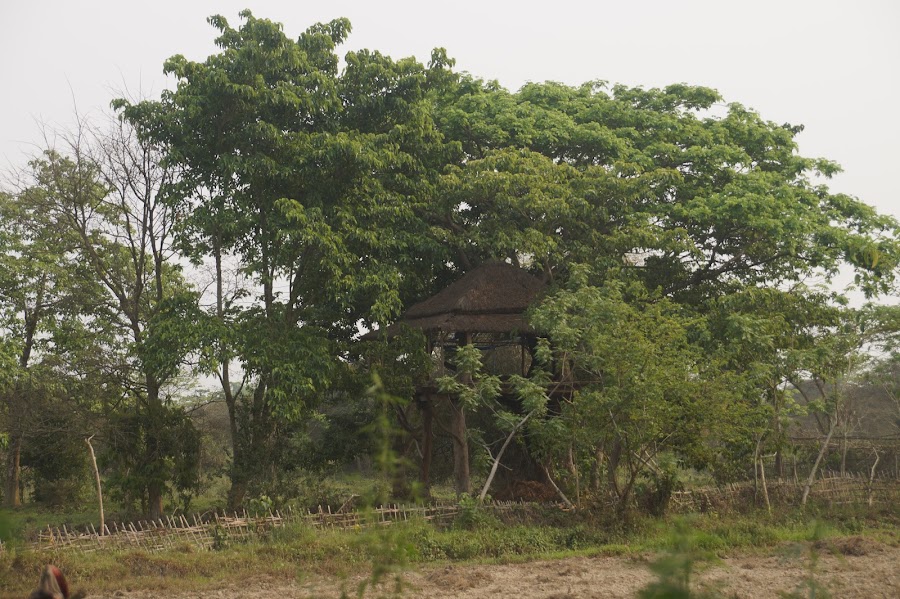
Molai Forest
Majuli, India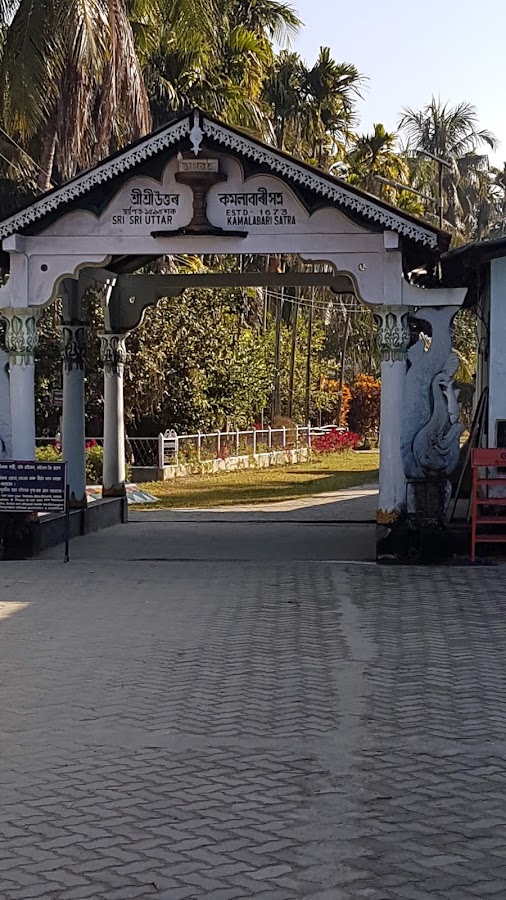
Kamalabari Satra
Majuli, India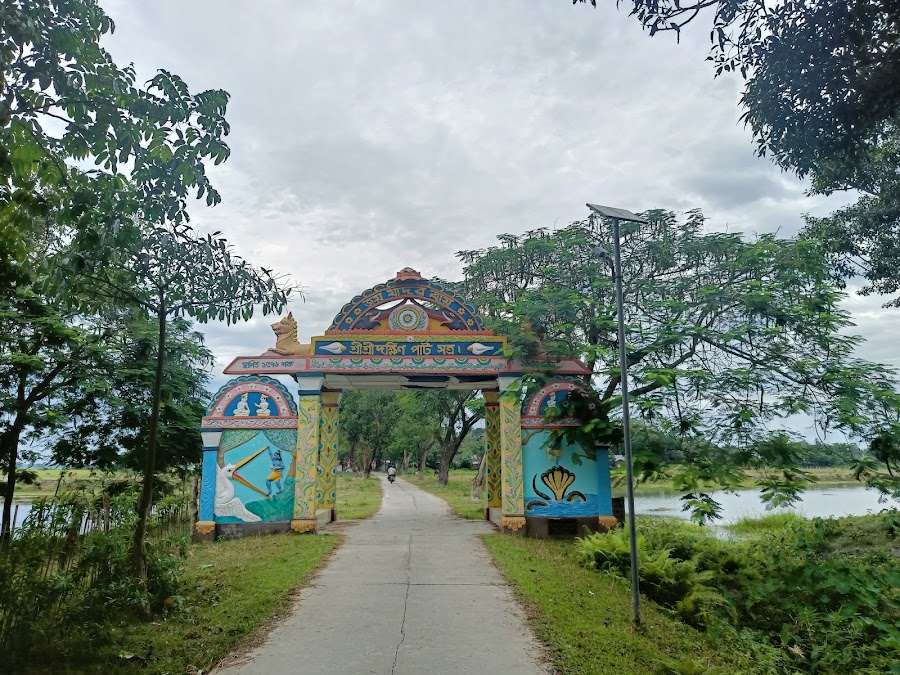
Dakhinpat Satra
Majuli, India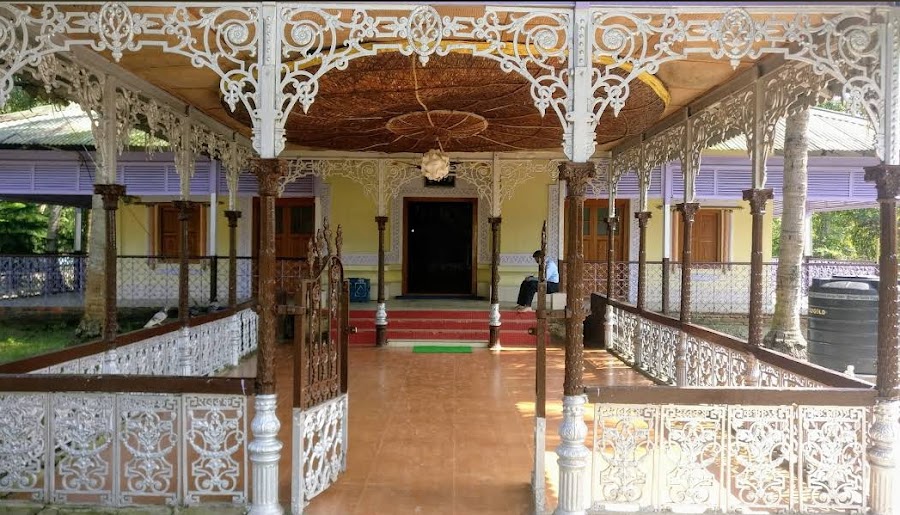
Auniati Satra
Majuli, India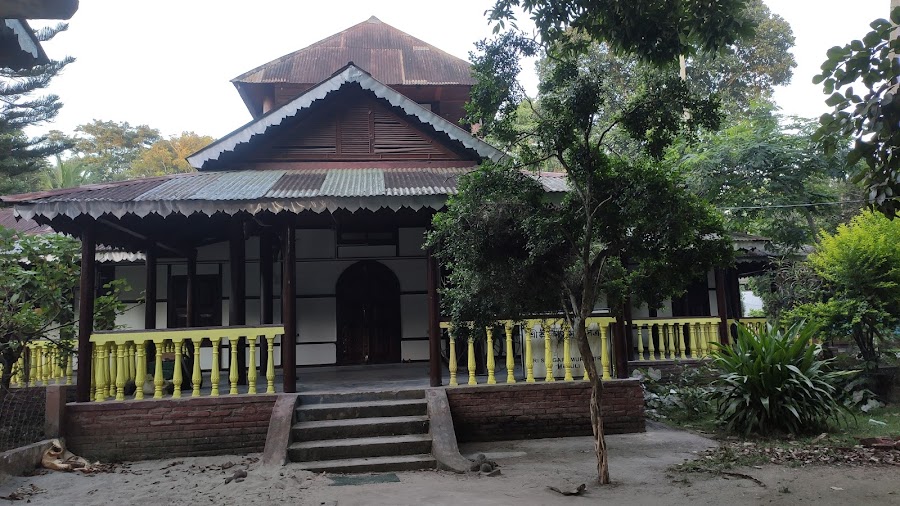
Garmur
Majuli, India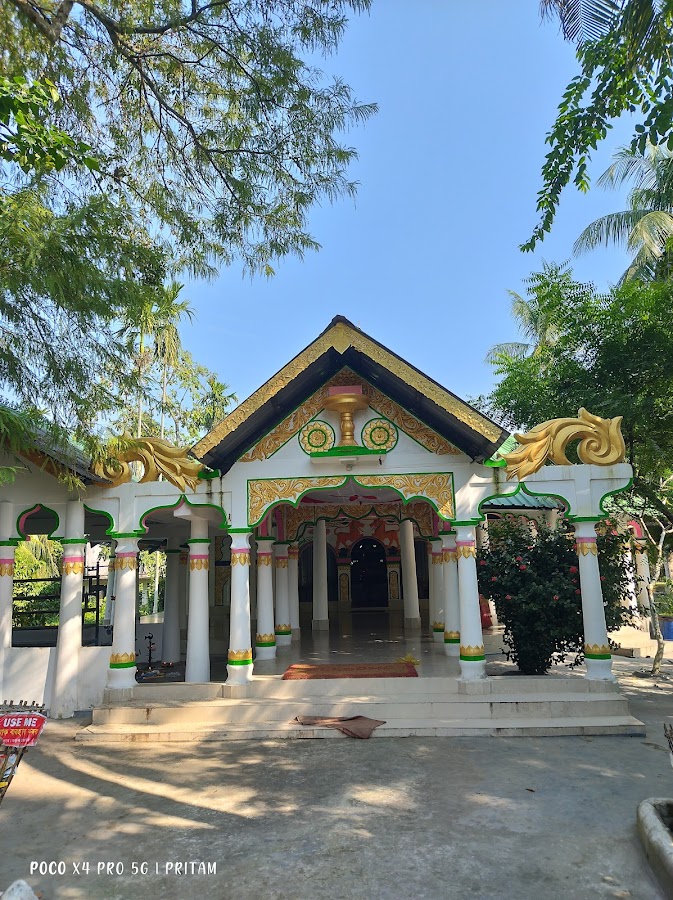
Uttar Kamalabari Satra
Majuli, India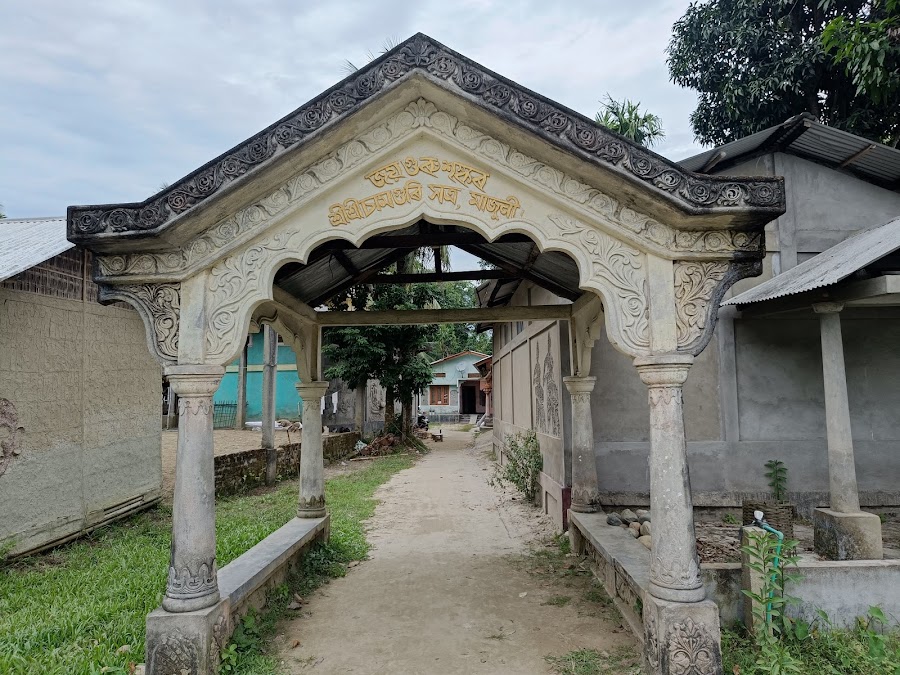
Natun Samaguri Satra
Majuli, India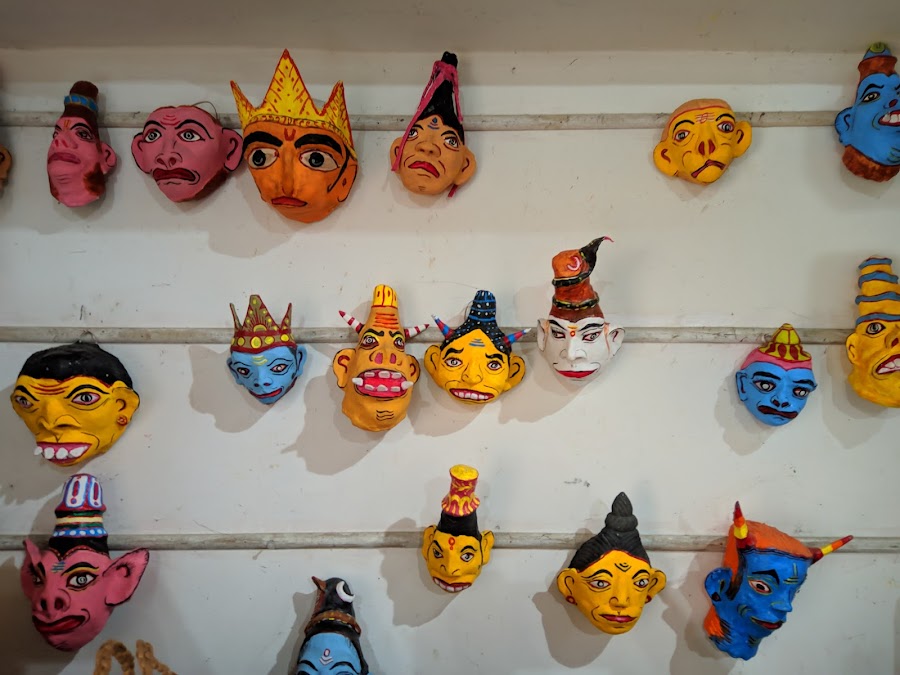
Mask Making Village
Majuli, India